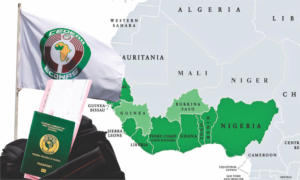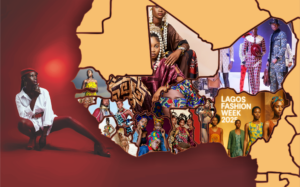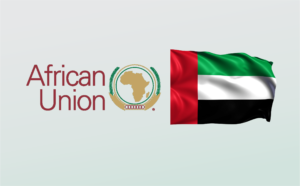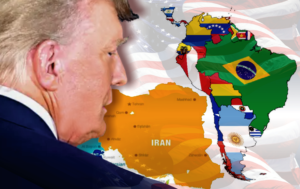Egypt Warns Ethiopia’s Nile Dam ‘Violates International Law,’ Expands Dispute to UN Security Council
Egypt has intensified its diplomatic campaign against Ethiopia’s massive Nile dam, warning the UN Security Council that Addis Ababa’s unilateral move to begin operations violates international law and endangers the lifeline of millions.
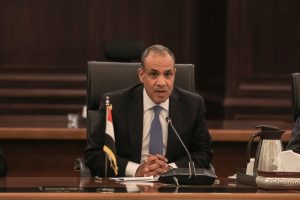
In a strongly worded letter, Foreign Minister Badr Abdelatty called the inauguration of the Grand Ethiopian Renaissance Dam (GERD) an “unlawful unilateral act” and warned that Cairo “will not allow Ethiopia to impose unilateral control over shared water resources.” Egypt, he added, reserves the right to take “all measures” permitted under the UN Charter to defend what it describes as the existential interests of its people.
The dispute, rooted in a decade of failed negotiations, has grown beyond a technical quarrel over hydropower and river flows. It now straddles the fields of diplomacy, business, humanitarian welfare, and regional stability.
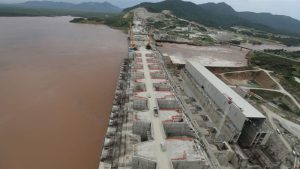
At stake are not only water supplies but also billions of dollars in agriculture, energy, and real estate development tied to the Nile. Egypt’s economy and particularly its government-backed housing and irrigation projects, depend heavily on a stable and predictable water flow. Any reduction, officials warn, could ripple through sectors from farming and food production to public housing schemes and urban expansion. Ethiopia, by contrast, argues that the GERD will transform its economy by generating electricity for tens of millions and potentially powering industrial zones, cross-border trade and investment in state infrastructure.
The Nile dispute is also a human story. In Egypt, where more than 100 million people rely on the river for drinking water, irrigation and livelihoods, even a modest decrease in flow could deepen food insecurity and strain public health systems. In Ethiopia, the dam is championed as a symbol of national pride and a tool to lift millions out of poverty through affordable electricity. For both countries, the Nile represents survival, not just development.
Politically, Cairo has tried to frame the issue as one of international law and collective security, pressing the UN to recognize what it calls Ethiopia’s “pattern of intransigence.” Diplomats point to previous Security Council statements urging cooperation, which they say Addis Ababa has ignored. For Ethiopia, the GERD has become a cornerstone of sovereignty, tied to its post-conflict national identity and government legitimacy.
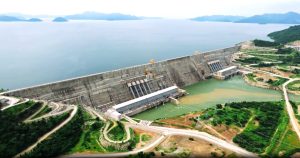
Across the Nile Basin, communities watch with unease. Egyptian farmers worry about shrinking harvests; Sudanese residents near the border fear flooding and water mismanagement; and in Ethiopia, citizens see the GERD as proof of their country’s right to modernize. Social tensions over land, migration, and access to water could intensify if the dam dispute escalates without a negotiated settlement.
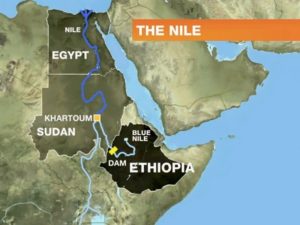
With construction spanning 14 years and negotiations still deadlocked, the GERD remains a flashpoint for three nations – Egypt, Ethiopia and Sudan. Each of these nations is struggling to balance domestic needs with regional diplomacy. Whether this latest warning at the UN Security Council leads to renewed talks or deepens confrontation, will depend on whether the parties can reconcile competing visions of survival, development and sovereignty.


